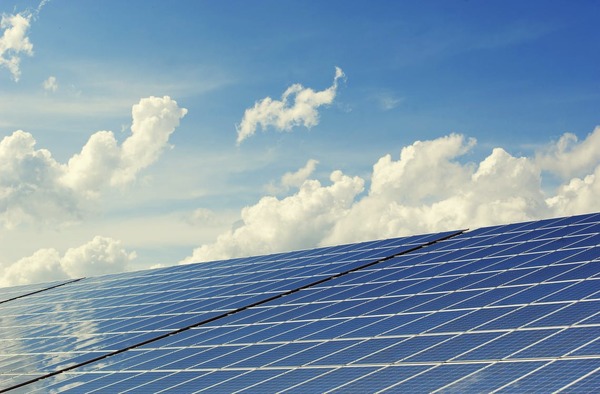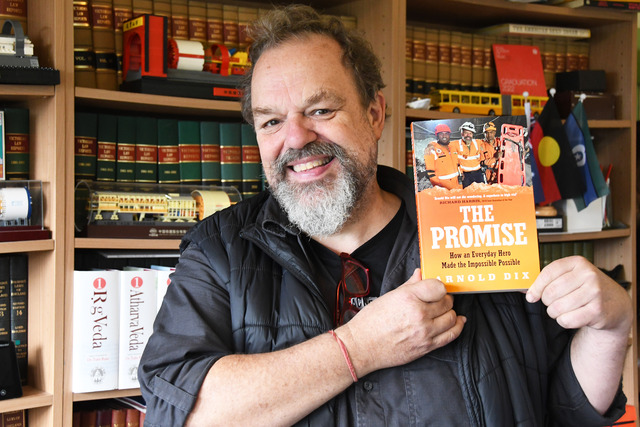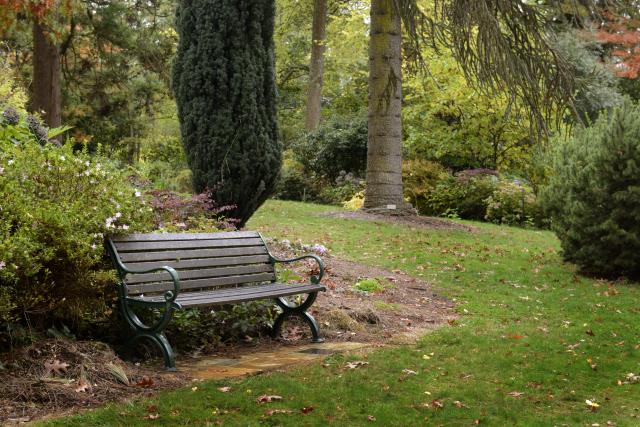Monash University has designed a set of interactive resources which are aimed at supporting the uptake of microgrids across the state.
The university received nearly $2 million in Federal government funding in July to assess the feasibility of six communities, including the Yarra Ranges local government area, implementing a microgrid.
The Yarra Ranges microgrid project will aim to virtually connect one business and approximately 20 homes within the selected location including renewable generation and energy storage, to understand how they can reduce emissions, improve energy reliability and reduce energy costs.
Since then, Monash University has received funding from the Victorian government’s Microgrid Demonstration Initiative to establish the Microgrid Electricity Market Operator (MEMO) ‘toolbox’.
The toolbox comprises a step-by-step journey on how to develop a microgrid – from planning to operations – to help guide precincts, businesses and communities through the process.
Aiming to achieve 100 per cent renewable energy use by 2030, Yarra Ranges Council has welcomed the initiative.
“Monash University’s MEMO toolbox provides resources to increase understanding of how local microgrids can assist communities and businesses transition towards renewable energy and build local resilience,” Yarra Ranges Council Director, Environment and Infrastructure Mark Varmalis said.
“It also allows knowledge-sharing more broadly to benefit other local government areas.”
Monash was the first Australian university to commit to an energy reduction target through an initiative to achieve net zero emissions by 2030.
Having already connected 20 buildings at Monash’s Clayton campus, the university’s microgrid journey is advanced and Chief Operating Officer and Senior Vice-President Peter Marshall AM said he hopes this breaks down barriers for others wanting to implement something similar.
“Using our own operations, lived experience, research and development, and education capability, this toolbox is the first step in showcasing the role microgrids can play in helping to achieve net zero, and addresses barriers to the broader implementation of microgrids,” he said.
Energy, Environment and Climate Change minister Lily D’Ambrosio said projects like microgrids work towards improving the agility, resilience, and reliability of Victoria’s electricity system.
“These exciting projects are important for our future, helping us tackle climate change and reach our ambitious emissions reduction targets,” she said.
A microgrid is a self-sufficient energy system that works in small scale communities like a university campus, hospital complex, business centre or neighbourhood.
They utilise one or more kinds of energy sources such as solar panels, wind turbines or generators that produce the microgrids power.







